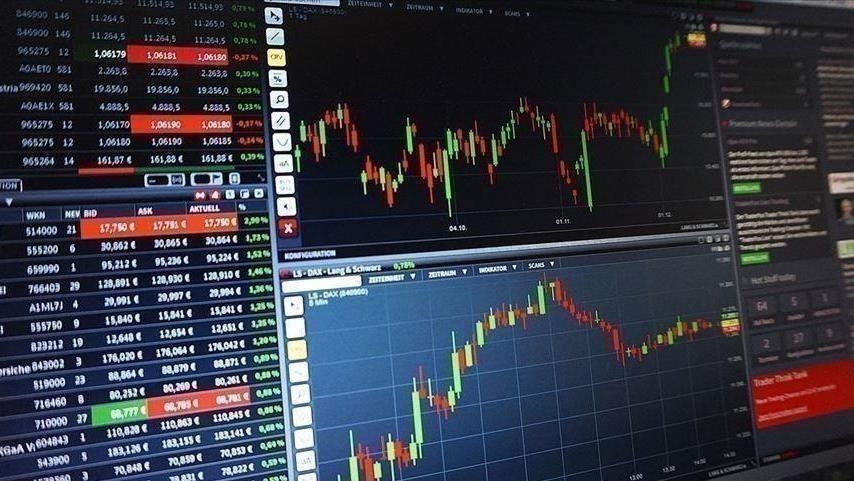

By Anadolu Agency
ISTANBUL
Global growth has slowed sharply and the risk of financial stress in emerging market and developing economies (EMDEs) is intensifying due to high-interest rates, the World Bank said Tuesday.
“Most EMDEs have seen only limited harm from the recent banking stress in advanced economies so far, but they are now sailing in dangerous waters,” it said in a statement. “With increasingly restrictive global credit conditions, one out of every four EMDEs has effectively lost access to international bond markets.”
Economic growth projections for those economies for this year are less than half those from one year ago, making them highly vulnerable to additional shocks, said the World Bank.
“The surest way to reduce poverty and spread prosperity is through employment—and slower growth makes job creation a lot harder,” said World Bank Group President Ajay Banga.
Banga started a five-year term last Friday.
“It’s important to keep in mind that growth forecasts are not destiny. We have an opportunity to turn the tide but it will take us all working together,” he added.
The World Bank said shocks of the coronavirus pandemic, Russia’s war on Ukraine and the sharp economic slowdown amid tight global financial conditions have “dealt an enduring setback” to the development in EMDEs.
“The world economy is in a precarious position,” the World Bank Group’s Chief Economist and Senior Vice President Indermit Gill said in the statement.
“In 2023, trade will grow at less than a third of its pace in the years before the pandemic. In emerging markets and developing economies, debt pressures are growing due to higher interest rates,” he added.
EMDEs, excluding China, are expected to grow 2.9% this year and 3.4% next year, according to the World Bank’s latest Global Economic Prospects report released Tuesday.
Economic growth in advanced economies is estimated to decelerate from 2.6% in 2022 to 0.7% in 2023, and remain weak in 2024, said the report.
The American economy is anticipated to slow from 2.1% last year to 1.1% in 2023 and then to 0.8% next year, mainly due to the sharp rise in interest rates in the last 18 months, it added.
In the euro area, economic growth is forecast to slow from 3.5% in 2022 to 0.4% in 2023, the rebound to 1.3% in 2024 “due to the lagged effect of monetary policy tightening and energy-price increases,” it said.
We use cookies on our website to give you a better experience, improve performance, and for analytics. For more information, please see our Cookie Policy By clicking “Accept” you agree to our use of cookies.
Read More